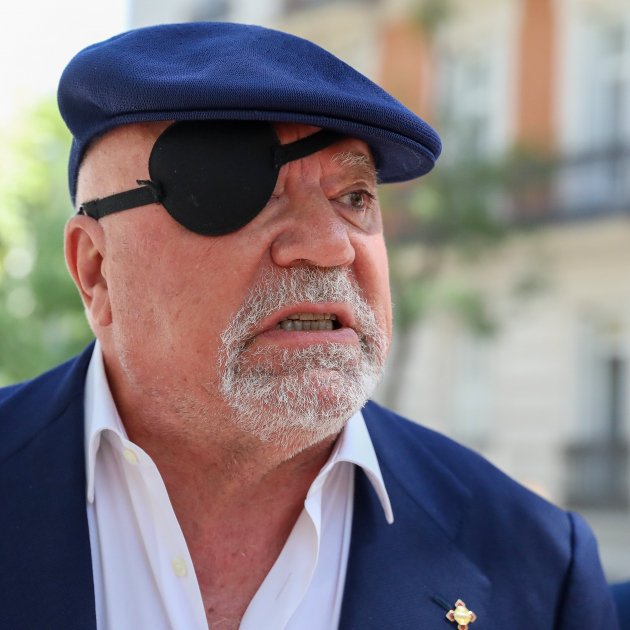It was over lunch, on September 27th, 2012, at a restaurant in Madrid. José Manuel Villarejo, former Spanish National Police commissioner, Eugenio Pino, former deputy director (DAO) of the police, and Agustín Linares, a reference figure in the force and Villarejo's mentor, took a table for three. At that lunch, the seed that evolved into the dirty war known as Operation Catalonia was born.
Through new audio recordings from Villarejo's extensive collection, this time published by the digital newspaper El Món, the details of how Operation Catalonia began have come to light. At that lunch, the three involved talked about their concern for the political events unfolding in Catalonia. The meeting took place just two weeks after the Diada, Catalan National Day, when, for the first time, the Catalan National Assembly (ANC) had called a pro-independence rally on the symbolic September 11th, and hundreds of thousands of people jammed the streets of Barcelona. That was followed, shortly afterwards, by movements from Catalan president Artur Mas, who met with Spanish PM Mariano Rajoy, but did not extract any economic concessions from him, and then, on September 25th, called a snap Catalan election at two months notice, with a proposal for an independence referendum as star policy. The three Spanish police figures spoke about all this and more - and it was recorded.
As the tape recorder witnessed, the police trio planned to do something about the political changes in Catalonia and the supposed "defencelessness" of the Spanish government. Thus began the so-called "Barna Project", which would end up being Operation Catalonia. But what were the first steps? At this lunch they began to generate reports and organize meetings with other willing participants in fighting against the independence process which had suddenly burst into the media.
CiU, in the spotlight
Shortly after that first luncheon conversation, on October 10th of that same year, Pino formally took action to put pressure on Mas's governing political grouping Convergència i Unió (CiU). The Catalanist coalition was put in the spotlight by those involved. In the conversation between Villarejo, Linares and Pino, the blame for the new "political" problem was attributed to "Mas" as well as "Pujol", preceding leader of CiU. All three regretted that the then Interior minister, Jorge Fernández Díaz, had appointed commissioner José Luis Olivera as the new director of the police's Intelligence Centre, removing him from the Economic and Financial Crimes Unit (UDEF), from where he had carried out the first investigations of the Pujol family, Convergència Democràtica de Catalunya (senior partner in the CiU coalition) and the Palau de la Música case. Those present claimed that Olivera had the Catalan leaders "by the balls", and for that reason they could not understand why he had been moved away from the UDEF.
They also spoke broadly of what the Catalan politicians were seeking. In their eyes, the CiU leadership was trying to get off scot-free from corruption cases like the Palau affair. They also believe that Mas wanted to "avoid frights" and they gave the example of that "crazy Ibarretxe" - the former Basque leader who had unsuccessfully proposed an independence referendum in Euskadi a few years earlier.
Independence bound to win
The three men were convinced that the pro-independence vote in Catalonia would win a referendum. "The Catalans are very Catalan," pointed out Pino. They also agreed on the fact that even if they won a referendum, that would not bring Catalonia greater income and Spain would be left with the financial advantages. All three spoke about the possibility that the independence movement would end up achieving the same autonomous community advantages as Euskadi - that is, the ability to collect its own taxes.
